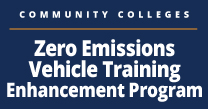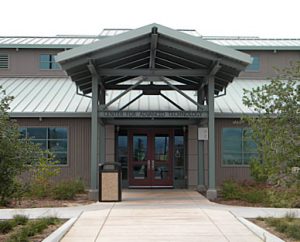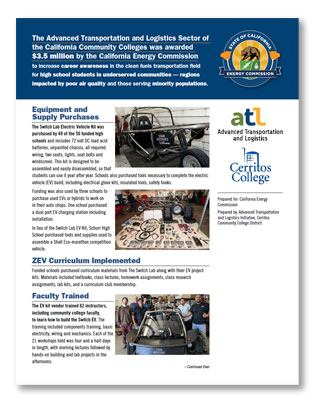
 A Slightly Different Approach with Funding
A Slightly Different Approach with Funding
While many of the ATRE-CEC grants focused on alternative fuel technology in consumer vehicles, Hartnell College located in Salinas and the Salad Bowl of the World is taking a slightly different approach with its funding.
The college’s Agricultural Business and Technology Institute faculty are expanding the focus to also include farm equipment, buses, trucks, and other heavy-duty vehicles. Located in the heart of an agricultural area, the college estimates more than 800 job openings in this field each year. Monterey County is also among the top counties in the U.S. for hybrid vehicles, with more than 1,500 registered as of 2012.
Hartnell is using ATRE-CEC funds to purchase two Nissan Leaf training vehicles and two Toyota Prius training vehicles. The funding will also be used to support salaries and training for five part-time instructors and three full-time instructors to teach courses in hybrid and alternative fuels vehicle technology.
 Supporting Outreach as Well.
Supporting Outreach as Well.
Funds are supporting the college’s outreach efforts as well. Hartnell invites high school students to campus for Hands-On Fridays to meet with instructors and current students, participate in hands-on activities in the automotive and heavy duty vehicle instructional shops, and learn more about career opportunities that come from its programs. It also organizes site visits to local employers through its iAgriculture program and will be hosting the 5th annual Salinas Valley Ag Tech Summit on March 28, 2018.
“Hands-on Fridays help potential students become acquainted with what skills they could learn upon enrolling in the advanced transportation programs,” explains Pete Escoto, lead faculty member for the grant’s implementation. “iAgriculture is designed to provide guest speakers, site visits, and university visits to Hartnell and high school students to increase awareness of careers, the skills needed to be successful, and programs of study leading to employment,” according to Agricultural Business & Technology Institute Director, Dr. Susan Pheasant. She shares that this is achieved through topic expert speakers, industry site visits, university tours, and networking with industry professionals at conferences and workshops.
Six New Academic Certificates
The college reviewed its Advanced Transportation Technology curriculum throughout the 2016-17 academic year and plans to complement the existing two associate of science degrees with a launch of six new academic certificates this year along with the opportunity for currently enrolled students to earn industry-recognized certificates of proficiency for specific tools and equipment (e.g. multimeter, battery and charging systems, etc.). Faculty continue to conduct site visits to observe alternative fuel programs at other community colleges and participate in externships with industry leaders.
“The overall goal of this project is to meet the industry needs and demand by offering well qualified and certified graduates who can complete the tasks related to alternative fuel vehicles,” states faculty member Pete Escoto.



